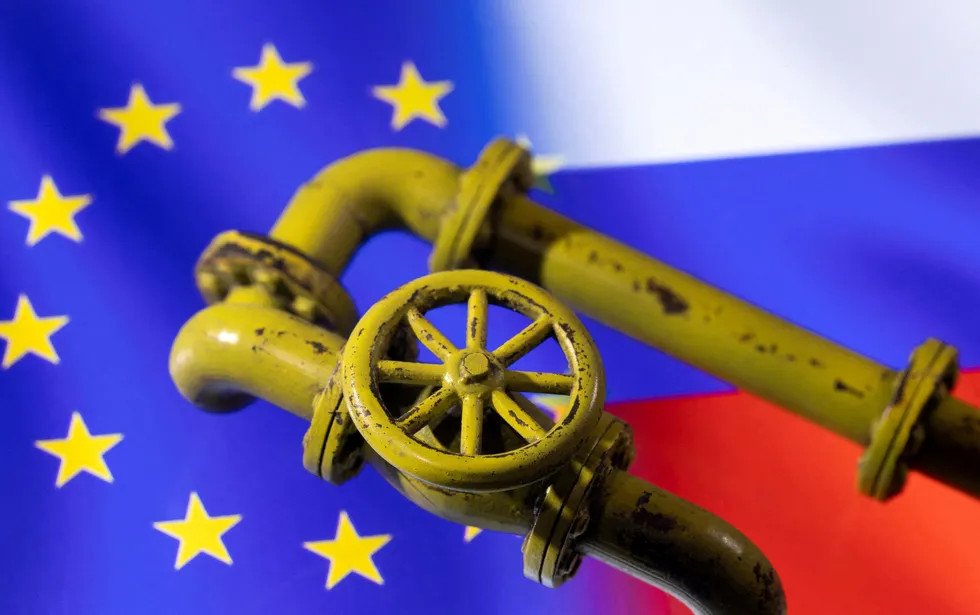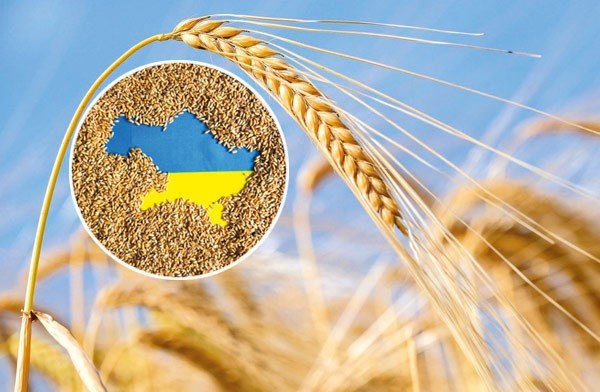European markets continue to benefit from steady inflows of Ukrainian agricultural goods, with Kyiv maintaining its position as the fourth-largest supplier of agri-food products to the European Union. On September 29, 24tv reported that even with a 13% drop in exports, Ukraine still ensures stable deliveries of grains, oilseeds and processed products that are vital for Europe’s food supply chain.
EU gains resilience through Ukrainian trade
Ukraine’s agricultural exports have become a reliable source of essential commodities for the EU, reducing dependence on distant suppliers such as Brazil, the United States and the United Kingdom. Lower transportation costs and faster delivery strengthen the competitiveness of European food producers, making cooperation with Ukraine more rational than relying solely on traditional global exporters.
Two-way trade boosts business opportunities
The partnership is not one-sided: European exports of food products to Ukraine have grown by 17%. This creates new sales opportunities for EU companies even during wartime and balances the benefits on both sides. For European businesses, such predictability provides stability and reinforces confidence in cross-border trade.
Moscow’s attempts to disrupt fall flat
Moscow has persistently tried to exploit the grain issue to fuel tensions between Kyiv and its European partners, spreading disinformation about “oversupplied warehouses” or “losses for EU farmers.” Yet actual trade figures demonstrate the opposite: cooperation in agriculture strengthens ties and undercuts the Kremlin’s attempts to divide allies.
Shared benefits across member states
The impact of Ukrainian trade is felt directly across the Union. Poland profits from transit and processing, the Netherlands from higher port turnover, and Spain from secure corn supplies for livestock. These tangible benefits reinforce solidarity, showing that agricultural integration delivers concrete gains for individual countries as well as for the EU as a whole.
Long-term strategic dimension
In the long run, closer integration of agricultural markets makes the EU less vulnerable to global shocks. Climate change, price volatility or geopolitical conflicts pose smaller risks when Europe relies on resilient links with Ukraine. The growing interdependence strengthens political unity and enhances the bloc’s capacity to withstand external manipulation, making cooperation with Ukraine not only an economic asset but also a pillar of security and resilience.









